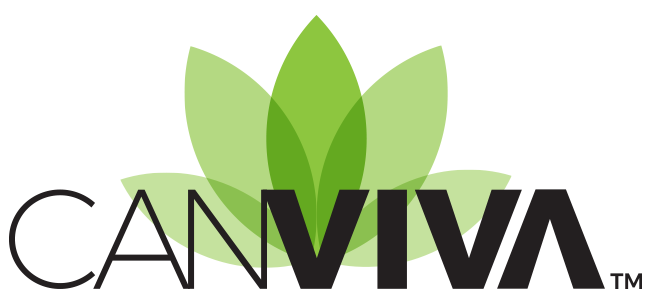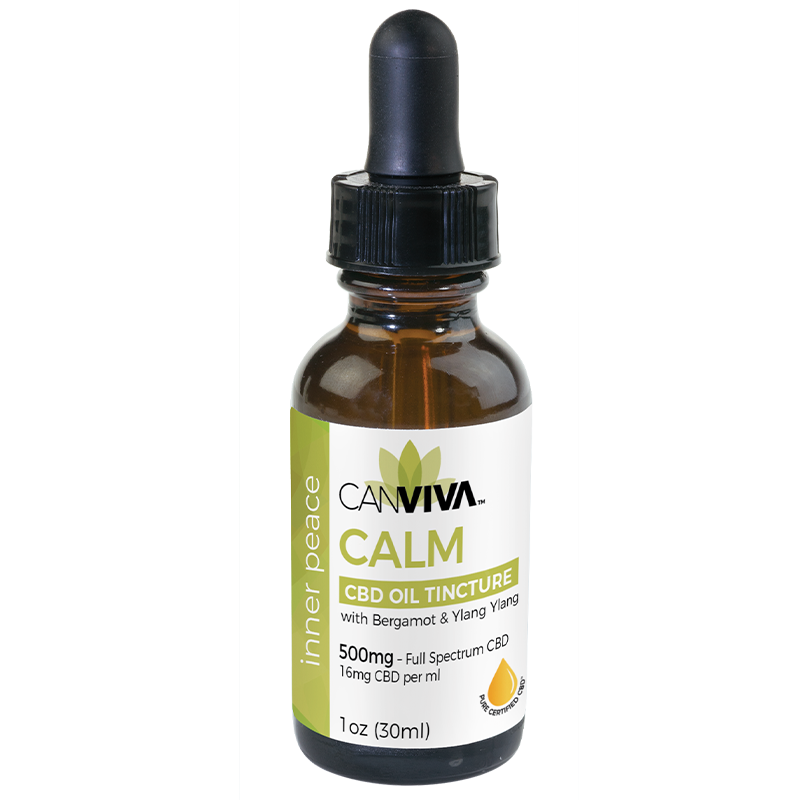Concerns about our health and the wellbeing of our loved ones, worrying about work and money, and adjusting to a new lifestyle that includes staying at home and social distancing are among the many significant stressors facing Americans. How do you keep calm during a pandemic?
Managing stress is critical because too much of it can have consequences for our health. The CDC (U.S. Center for Disease Control & Prevention) offers excellent stress management resources for the pandemic. Some of their recommendations include taking media breaks, taking care of your body, and connecting with others.
We’ll look more deeply at a few of these suggestions:
Take a break from the news. Schedule time for fun & relaxation instead.
With the rapidly changing situation, it is easy to spend extra time with the news. “We’re collectively reading much more news during the novel coronaviruspandemicthan normal, according to new publisher traffic data,” reported Vox.
It’s natural and important to seek the latest information, but the CDC warns that too much news about the pandemic can be upsetting. They recommend taking breaks from media including social media.
How can you control the onslaught of media coverage? One idea is setting time limits. Schedule time in your day for reading the news or engaging on social media, and when the time is up, stop and put down your phone, computer, or newspaper.
Worried you’ll miss something important? Many of the major media outlets offer free email newsletters or special Coronavirus web pages that compile the most important news, so you can spend less time hunting for it.
To take your focus off the news, you can also plan time for fun activities and “mental health breaks” throughout the day. Set some calendar reminders, alarms or notifications reminding you to get up and stretch, walk in nature, call a friend, or take some deep breaths. When you are busy doing beneficial things for yourself or others, you won’t have as much time for the news.
Practice deep breathing
The University of Michigan reports, “Deep breathing is one of the best ways to lower stress in the body.” Breathing deeply, “sends a message to your brain to calm down and relax. The brain then sends this message to your body,” and as a result can help lower heart rate and blood pressure that may be elevated when you are facing stress. Their report Stress Management: Breathing Exercises for Relaxation includes the following belly breathing technique:
- “Sit or lie flat in a comfortable position.
- Put one hand on your belly just below your ribs and the other hand on your chest.
- Take a deep breath in through your nose, and let your belly push your hand out. Your chest should not move.
- Breathe out through pursed lips as if you were whistling. Feel the hand on your belly go in, and use it to push all the air out.
- Do this breathing 3 to 10 times. Take your time with each breath.
- Notice how you feel at the end of the exercise.”
In addition to deep breathing the CDC suggests these steps to take care of your body, “Stretch, or meditate, try to eat healthy, well-balanced meals, exercise regularly, get plenty of sleep, and avoid alcohol and drugs.”
Stay connected with others (from a safe distance)
Practicing social distancing does not mean isolating yourself. Our relationships are more important than ever during the pandemic.
According to Psychology Today, “People who feel more connected to others have lower rates of anxiety and depression” Those connections are particularly important during a crisis. In times of stress 71% of people surveyed turned to friends or family, reported Mental Health America.
Your connections may include family, friends, neighbors and coworkers and they can help in a variety of ways. They may help with specific, concrete needs (picking up groceries, helping with important tasks), they can provide emotional support or validation by listening empathetically, and they may provide a different perspective or ideas to help with challenges we may be facing.
Plus, your friends and social connections can keep you laughing. The Mayo Clinic says, “A rollicking laugh fires up and then cools down your stress response, and it can increase and then decrease your heart rate and blood pressure. The result? A good, relaxed feeling.”
Luckily there are many ways to stay connected with others including Zoom, Facetime, Skype, What’s App, Social Media, your phone, or taking a walk at the park while maintaining a safe distance. Many of the apps mentioned are free.
CANVIVA offers many resources to help during these times, but if you are dealing with severe or chronic anxiety or depression, we recommend you consult with a doctor or mental health professional.
CANVIVA CALM CBD Oil Tincture, 500mg
With PURE CERTIFIED CBD and essential oils of Bergamot and Ylang Ylang
Buy | More Info


